Share Now
Kuala Lumpur, 27 February 2020 – The General Insurance Industry registered a decline of 0.8% in 2019 with total gross direct premiums of RM 17.41 billion. Motor remained the largest class with a market share of 48.3% followed by Fire at 19.3%.
Motor insurance recorded gross direct premiums of RM 8.42 billion with a drop of 0.4%. This is despite an increase in total new vehicle sales in 2019. The local automotive industry recorded 604,287 units of total vehicle sales in 2019 compared to 598,598 units in 2018. Motor insurance have been registering underwriting losses for more than 10 years. Average premium per policy has been on a downward trend since 2016 while overall costs of vehicle repairs have risen owing to increases in motor spare part prices amongst other factors. In 2019 an underwriting loss of RM 335 million was recorded with RM 5.48 billion being paid out in motor claims. On a daily basis this amounts to RM 15 million per day paid out by motor insurers for property damage, bodily injury and vehicle theft. A major factor is the high accident and fatalities nationwide. Statistics shows that Malaysia has one of the highest road accident and fatality rates in the region.
Over the past years PIAM together with its member insurers have worked closely with all stakeholders to support the Government’s initiatives to inculcate safe driving behaviour among the motoring public. It was noted in The Star report dated 30 January 2020 that the police issued more than 290,000 summons of which 63% were for serious violations such as running the red light, speeding, driving on the emergency lane and overtaking on double lines.
According to another report in The Star dated 6 February 2020, a total of 23,208 accidents were recorded throughout Ops Selamat 16 in 2020, an increase of 2,379 accidents or 11% from the 20,829 accidents recorded in Ops Selamat 14 during Chinese New Year 2019. A total of 230 lives were tragically lost. One life lost is one too many. PIAM is extremely saddened by the increase in these numbers of traffic accidents and fatalities.
PIAM Chairman, Mr. Antony Lee said, “It is high time we started penalising bad drivers to change their dangerous and irresponsible behaviour on the roads. The government should seriously consider a change in strategy since the current strategies had proven time and again to be ineffective in curbing road accidents and fatalities. The police should take charge particularly with the demerit system as per the successful models executed in other countries.”
In the pricing of motor insurance premiums, it is important to reward the good risks and charge the bad drivers more. This means that a driver who is in a class that is more likely to experience road accidents should pay a higher insurance premium compared to a good driver with a clean record. PIAM is currently in discussion with the regulator Bank Negara Malaysia on the next phase of the motor tariff liberalisation to adopt a more equitable approach through the use of risk-based pricing models. There will be incentives for safe drivers with accident-free records. In this way PIAM hopes that the high risk drivers will be motivated to effect a change in their driving behaviour to enjoy the benefit of a lower insurance premium. The industry eagerly anticipates further liberalisation and look forward to the eventual opening up of the market.
PIAM CEO Mark Lim added, “The general insurance industry provides emergency assistance and peace of mind to road users through the Accident Assist Call Centre (AACC). Launched in 2013 the AACC dedicated toll-free hotline 15-500 operates 24/7 nationwide offering immediate roadside assistance to the general public – whether resulting from a road accident or a breakdown. AACC is able to help check insurance coverage and to connect with the road user’s own insurer.”
Meanwhile the number of stolen vehicles continued its downward trend in 2019 declining 21% from 13,581 to 10,729 vehicles for all classes. Since 2014 lesser vehicles have been stolen year on year. PIAM and the Vehicle Theft Reduction Council of Malaysia (VTREC) commend the unrelenting efforts, commitment and hard work of the Police, Customs and other law-enforcement agencies to combat vehicle theft in the country. The VTREC platform is a success story for the industry. Positive outcomes can be achieved with concerted efforts by all stakeholders (both government and private sector) working together for a common purpose.
Fire insurance grew 1.1% and maintained its position as the second largest class with gross direct premiums of RM 3.37 billion. Marine Aviation and Transit (MAT) insurance surged 5.3% with gross direct premiums of RM 1.35 billion owing to a recovery in the Offshore Oil Related sector. The Miscellaneous Class recorded a drop of 2.9% with gross direct premiums at RM 2.08 billion.
Medical and Health insurance (MHI) declined 11.4% to RM 1.02 billion while Personal Accident insurance dipped 1.3% to RM 1.19 billion. Medical claims have been on the rise owing to inflation and a host of other reasons. Malaysia has one of the highest medical inflation rates in ASEAN in the recent years. The expected increase in medical claims for 2019 was 13 percent. A joint industry task force has been set up to better understand and address medical inflation. The critical issue for insurers and consumers is price transparency so that consumers can make informed choices on the cost of treatment. PIAM welcomes the Ministry of Health’s move in December 2019 to mandate the disclosures of consultation fee up front and we believe that this should be extended to charges of common medical procedures in all private hospitals. In this regard private hospitals in Malaysia should publish their actual average costs similar to what is currently practised in some countries. At the same time we hope that the Ministry of Health will expedite the setting up of benchmark prices for drugs and pharmaceutical supplies. These are essential items to patients and should be made affordable to the public.
Looking ahead PIAM foresees that the Malaysian economy will experience weaker growth having recorded the lowest level of growth in 4Q 2019 at 3.6% since 3Q 2009. Challenges in the operating and business climate remain. The current COVID-19 crisis will compound the situation further with a significant dampening impact. PIAM anticipates the general insurance industry will continue to stagnate for 2020.
# END #

